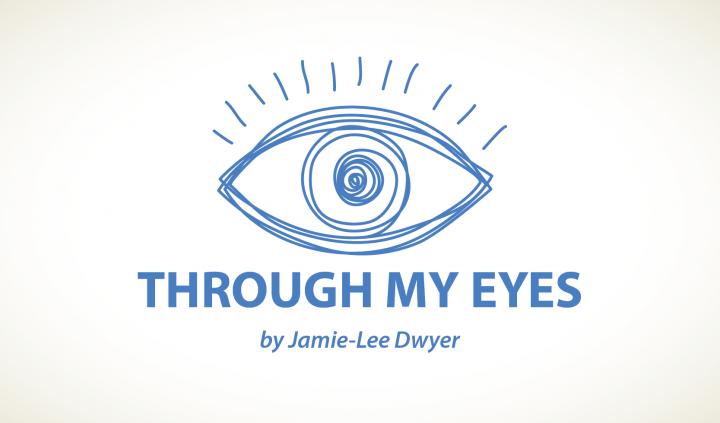Please Don’t Refer to My Caregivers As ‘Slaves’

When I was a little girl, I used to have this recurring fantasy every so often in which I was Queen of I don’t even know what, with all these helpers who did my bidding all day, every day. I loved this fantasy. Life was so much easier when I didn’t have to do anything for myself.
It’s almost like I jinxed myself, because fast-forward 20-odd years, and I need help doing a lot of my daily activities. And I hate it. It isn’t easy at all. It’s actually quite hard watching someone do the things that you used to be able to do. Especially when it’s for you.
Over the weekend, I had a family member refer to my caregivers as “slaves.” It was phrased to mean they would love to be me, ordering people around all the time. If ever you’ve had someone do any kind of physical activity on your behalf, you’ll know that everyone has their own way of doing things, and it’s not always exactly how you’d like it done. I have heard people refer to my caregivers as slaves before, and I find it so demeaning every single time. Not just for them, but for me, too.
I don’t want a slave, I don’t even want a carer (in social settings or in my home). But I know I need one to live my life to its fullest potential. I firmly believe that we individually control how much of an impact our disability plays in our life, no matter the severity of it. Disability affects everyone differently, and yet it should not define you as a person.
Join our FA forums: an online community especially for patients with Friedreich’s Ataxia.
People don’t always think before they speak, and even when they do quite often, they don’t think about everyone’s perspective. One of my earlier articles was about disability throughout history, in which the roots for perceptions of disability are briefly discussed, and we can see shifts in society’s attitude towards disability. Obviously, they weren’t overnight changes. But they were changes nevertheless.
This is why I write about disability rights. Not everyone thinks about how the other person feels, so we need to tell them. If someone says something that offends you, whether you’re in a wheelchair or not, you need to let them know. You don’t have to be rude about it, but you can’t expect people to always say the right thing, especially when they don’t know anything about your disability.
Mahatma Gandhi famously said, “Be the change you wish to see in the world.”
***
Friedreich’s Ataxia News is strictly a news and information website about the disease. It does not provide medical advice, diagnosis or treatment. This content is not intended to be a substitute for professional medical advice, diagnosis, or treatment. Always seek the advice of your physician or another qualified health provider with any questions you may have regarding a medical condition. Never disregard professional medical advice or delay in seeking it because of something you have read on this website.








Leave a comment
Fill in the required fields to post. Your email address will not be published.